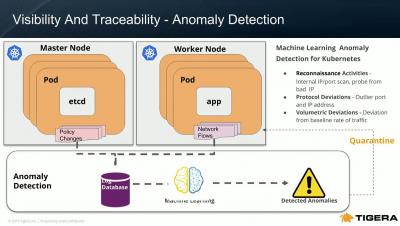How to escape the data management TCO trap
It’s a trap! If you’re going to learn how to escape the data management TCO trap, the first place to start is understanding what the cost factors are and how they are interrelated. Then, understand what the traps are and how you can avoid them. Follow along to learn more.







